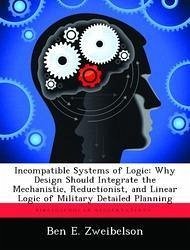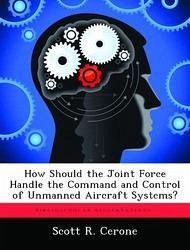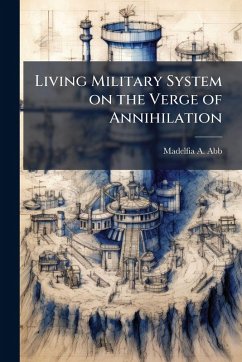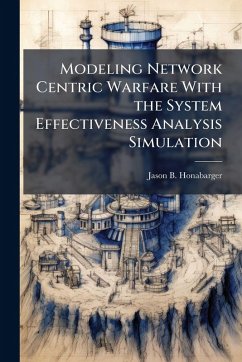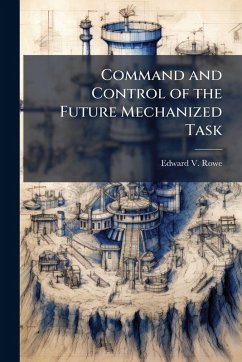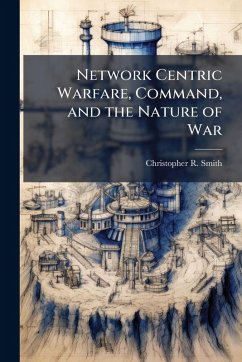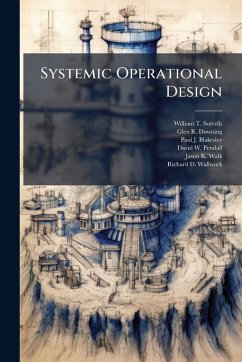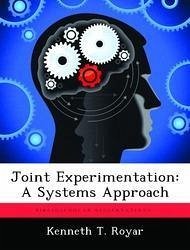
Joint Experimentation
A Systems Approach
Versandkostenfrei!
Versandfertig in über 4 Wochen
15,99 €
inkl. MwSt.

PAYBACK Punkte
8 °P sammeln!
The Secretary of Defense charged the United States Atlantic Command (USACOM) on 1 October 1998 to conduct Joint Experimentation (JE) in support of the Defense of Department (DoD) Joint Vision 2010 concept. Since a common definition of joint experimentation did not exist, the mandate not only required USACOM to conduct joint experimentation, but also to define exactly what it is. In response, USACOM, now United States Joint Forces Command (USJFCOM) established the J9 Directorate under its command to accomplish this task. It was given the objective of the JE program to provide recommendations to...
The Secretary of Defense charged the United States Atlantic Command (USACOM) on 1 October 1998 to conduct Joint Experimentation (JE) in support of the Defense of Department (DoD) Joint Vision 2010 concept. Since a common definition of joint experimentation did not exist, the mandate not only required USACOM to conduct joint experimentation, but also to define exactly what it is. In response, USACOM, now United States Joint Forces Command (USJFCOM) established the J9 Directorate under its command to accomplish this task. It was given the objective of the JE program to provide recommendations to the Chairman, Joint Chiefs of Staff and the Secretary of Defense on how to improve the doctrine, organizational structures, training, material, leadership and personnel programs to provide the future joint force the capabilities of full spectrum dominance. The question this monograph addresses is how should the military go about joint experimentation - specifically should the joint experimentation program be based on systems theory. The monograph initially examines what led to the requirement for the JE program, a description of the JE program as outlined in Joint Forces Command's JE Campaign Plan 2000 and a review of previous assessments of the JE program. After defining systems theory and addressing its benefits and criticisms, the monograph analyzes the use of systems theory in the joint experimentation process against three criteria. First, would the application of systems theory help achieve the stated objections of the JE program? Second, does systems theory reflect how the military intends to conduct warfighting? Finally, would the use of systems theory at the joint level provide any benefits not provided by other means? The monograph concludes that systems theory should be the basis for joint experimentation. While some elements of systems theory exist within the experimentation program outlined in Campaign Plan 2000, there are several elements of systems theory not p This work has been selected by scholars as being culturally important, and is part of the knowledge base of civilization as we know it. This work was reproduced from the original artifact, and remains as true to the original work as possible. Therefore, you will see the original copyright references, library stamps (as most of these works have been housed in our most important libraries around the world), and other notations in the work. This work is in the public domain in the United States of America, and possibly other nations. Within the United States, you may freely copy and distribute this work, as no entity (individual or corporate) has a copyright on the body of the work. As a reproduction of a historical artifact, this work may contain missing or blurred pages, poor pictures, errant marks, etc. Scholars believe, and we concur, that this work is important enough to be preserved, reproduced, and made generally available to the public. We appreciate your support of the preservation process, and thank you for being an important part of keeping this knowledge alive and relevant.



